|
Project Title: “Ain’t Nothing Worth Paying For That’s Free”
School or Community Problem: As the last holdout against capitalism, public education is contributing nothing to the overall wealth of society. If children are truly our best investments, then why are we not seeing a return? Project Summary: Free water … free healthcare … free education. Is any of it really worth the cost you aren’t paying? Compare a bottle of Finé filtered through the Volcanic rock of Japan to the free tap water of an average American city … let’s say … I don’t know … Flint, Michigan. Which do you prefer? So why are we not selling bottled education? During this project, students will begin a letter writing campaign to support the privatization of schools. Parental involvement can be generated through all white children being transferred to suburban schools. By further marginalizing city public school systems, the project can garner community support via privately funded public action groups who will gleefully vilify the city schools. Students can join the political action groups to demand more money be funneled into selective charter schools until the only education worth having is one you paid for. The culminating event will be a ribbon cutting at a highly selective private charter school on the outskirts of town, where buses will not run and the lottery process will ensure only a handful of minority children (used strategically for the ribbon cutting ceremony) are sprinkled in among affluent white students who will pave the way into the future. Driving Question: How can we, as school children, help rich white men make money off of us? Key Knowledge or Understanding: Finance, Persuasive Writing, Government Success Skills: Consumerism, Submission, Socially Accepted Segregation Entry Event: A town hall meeting where an actor pretending to be an education industry guru (funding made available by wealthy white men from a different part of the state) carnival barks a group of concerned parents into believing their school is failing. Project Title: “Is That a Pencil In Your Pocket?” School or Community Problem: Teachers are struggling to find second jobs which pay enough to purchase proper school supplies. Project Summary: If we’ve learned anything from dress code violations, it’s that boys can’t get enough of butts. How can we expect to keep boys’ eyes off of those butts when we have just now started keeping their grabby, horny little hands off of them? But instead of seeing problems on every yoga pants coated butt, maybe it’s high time we started seeing some prime advertising real estate. Before sending girls to change out of highly distracting clothing, this project will direct them to first post on Instagram holding specific brands of school supplies. Since everyone knows boys can’t help but be distracted and sex crazed by the female form in tight pants, the following will grow. With increased following, suppliers will send free samples for free advertising. Win-win. In fact, win-win-win, because what girl wouldn’t want to gain Instagram notoriety? (I mean, come on … what’s the reason they wore such revealing clothing in the first place? Hello. Attention.) Driving Question: How can we, as school children, use our bodies to help teachers buy pencils? Key Knowledge and Understanding: Photography, Marketing Success Skills: Instagram, Sexualizing Female Bodies, Resourcefulness Entry Event: This is the obvious time for a bikini car wash to raise money for a new copier. If enough money comes in, a single text book can also be purchased (photocopies to be run on the new copier). Project Title: “The Second of Amendments, But First In Our Hearts” School or Community Problem: They out here trying to take our guns. Project Summary: There are approximately 265 million guns in America. There are just under 100,000 public schools in America. We, as a nation, are getting dangerously close to a gun-to-school ratio of 2500:1. If those numbers don’t make you hug your gun a little tighter tonight, I’m not sure what will. But we know one truth to be self evident: we will have another school shooting. Therefore, this project aims to help prepare school children to die in numbers alarming enough to be used as a pawn in a very important grown-up debate, BUT not in numbers high enough to sway logic to the “wrong side.” If possible, the project will encourage support from administration and local law enforcement by creating helpful pamphlets of possible reasons for the school shooting other than the semi-automatic firearm in the hands of a mentally unstable peer (i.e., number of exits and entrances, violent video games, use of distraction words like abortion and troubled youth). Driving Question: How can we, as school children, die at a rate just alarming enough to keep the debate alive but not alarming enough for any action to be taken to fix the problem? Key Knowledge or Understanding: American Political Values Success Skills: Dodging, Hiding, Cowering, Crying Entry Event: The inevitable next school shooting. Or the next one. Or the next one. Or the next one. Or the next one. Or the next one. Or the next one. Or the next one. Or the next one.
0 Comments
Honestly, this post began as an exploration into book trailers. With Graffiti Creek due out August 8th, I have been pining for the ability to create a badass book trailer. Sadly, I don't believe I have the bandwidth to pull it off in a way I would be proud to share. However, on May 17th, my publisher, Pandamoon, opened itself for submissions using #PitDark as a kick-off. The juxtaposition of my research into trailers (research is a word used loosely here to mean lying in bed watching movie trailers) with this Twitter pitch event, got me wondering what we can learn from the best movie trailers about pitching our novels. 1. FocusI think the best pitches have a focus, meaning the writer knows the draw of the book. And as a disclaimer, I will add that I am no expert. Pitching is incredibly difficult for me. I think I'm pretty bad at it. BUT DON'T STOP READING. My hope is that we can learn together. With Graffiti Creek, I can now look back on it and see my focus should be on characterization. It was, at its core, an exercise in empathy, and those deep character dives should be my pitch. Whereas with my first book, Juggling Kittens, hindsight and reviews tell me the sense of place and time really sold the book. When we look at the best trailers, we can see the laser focus on the element of strength in the work. PURE PLOTPLOT WITH A TOUCH OF CHARACTERPURE CHARACTER - SINGLEPURE CHARACTER - MULTIPLETIME AND PLACE2. MagicStories draw us in with magic. The best trailers capture the magic of a story with a moment, a line, an image, a song ... something. But whatever it is, it gives you chills. Those chills trigger something in our mind which makes us feel the magic of the moment. This is all difficult with a book. But I propose the following theory: our magic is in our theme. Even in the most genre-driven book, some central theme drives every character, every choice, every sentence in some way. As evidence, I present three trailers. What I would draw your attention to is how each captures thematic elements and a sense of magic. And, important to note, they all three play on things already familiar to us. These are universal themes of human existence. Without that important connection, nothing in our brain would send those electric charges down our spine. In the first two, notice the choice of song, the feeling of the pace, the choice of font. Everything drives us to a familiar place where we feel the wonderment of childhood or the overbearing need to feel noticed. Forget the last minute and a half of each. We get chills at the first glimpse of the monster silhouette or the slight embarrassment of the beautiful sound of children singing Radiohead layered over the familiar clicks of modern day friendship. And the third I included because I want to draw attention to the use of stock footage. There is almost zero footage from the movie itself. The monologue sets the theme against images we can all connect with. 3. MysteryThis falls into the category of "much easier said than done ... key to everything." So, yeah, if I could master it or tell anyone how to master it, this blog post would probably cost you money. But I can point to it when it is mastered. The key to a pitch is to give away enough to tease without opening what J.J. Abrams talks about as the "mystery box." In most genres, we all need to be working to create a mystery box. And with our pitches, we need to be working to crack open the mystery box just enough to hear a sound or catch a glimpse of something which makes a reader want to rip into it. So one example is quite obviously from Abrams himself. But the other three are every bit as good. And these are arguably four different genres. Granted, two are monster movies, sort of. But one is a disaster movie and the other a horror movie. With each, there is just enough information presented to make the viewer want to find out more. All in all, I really just like watching movie trailers and wanted an excuse to watch a lot of them. But, in writing this, I did learn a few things about my own efforts to pitch my novels. And pitching goes on even after you have a publisher. I am constantly trying to find the best way to pitch to potential readers. And attention spans are shrinking all the time. We have to work at being quicker to the punch. Hopefully, this helped a little.
Most people who have read my debut novel, Juggling Kittens, will mention one character straightaway. The Drew. Without fail, he has been the favorite character of anyone who has talked to me about the book. And that's cool. You know ... Ellis ... the protagonist ... he's, um ... he's cool too, though, right? I mean, he is a little bit based on me, kinda, but, you know what? Never mind. Not what we're here to talk about. It's cool. The Drew. Everybody loves The Drew. I get it. Well, here's your chance. Ever read those Choose Your Own Adventure books when you were a kid? Good. Buckle up, bitches, because .... You Are Partners With The DrewYou've shown quite a bit of promise as a seventh grade Arkansas history teacher. Internally, you know this means you haven't accomplished much beyond displaying an ability to read faster than thirteen-year-olds. But you have enjoyed making connections with the kids, and, setting aside humility for a moment, your project on Indian ancestry was pretty badass. Either way, the district's central office has taken notice. They have invited you to join an Aspiring Administrators cohort of teacher leaders who show a propensity to become future campus principals. As sort of an initiation to the cohort, you've been invited to shadow the administrator on your campus. Andrew Andrews. You walk into Principal Andrews' office and take in your surroundings. The room looks and smells like an Old Spice commercial. On one end of his desk are a disheveled pile of papers, which apparently have something to do with fantasy baseball. At the other end of the desk sits a fake (you hope) grenade with a tag hanging off displaying the numeral one. Below it, a tiny plaque reads, "Take a Number." You scan the walls to find one of those singing big mouthed bass, a poster of a mountain climber with a quote from Bo Jackson on it, a framed diploma from a college of which you have never heard, and another framed document. Stepping closer, you discover your principal is also a licensed private investigator. Principal Andrews walks in as you are examining the private investigator license. He claps loudly and you jump. "Never met a real Private Eye, have you, rookie?" He jerks a thumb at himself and uses the coach's whistle hanging around his neck to blow out a little wolf whistle. "Principal Andrews," you begin. He frowns and blows the whistle shrilly. "Ahhh. Foul on the play, Rook." Dropping the whistle, and pointing at his face with both index fingers he drawls out, "The Drew." He pats a plush leather chair in front of his desk. "Now, have a seat. Let's talk shop." Turning away from the sight of The Drew walking around his desk in his too short coaching shorts, you twist into a chair and smile. "The district office said I should shadow you today." The Drew pushes his tongue into the side of his mouth, nodding and grinning mischievously. "Oh, I know. The only question is, what do you want to shadow?" He points to his diploma, "The man." He nods toward the private investigator's license, "Or the legend." Do you ... ?I wrote a couple of weeks ago about facing a difficult year and trying to slowly write about it. Much of writing about it means facing what happened in my failed marriage. I’m horrible at stuff like that. Luckily, Andy Hull of Manchester Orchestra is aces at it. Let’s get the disclaimer out of the way: even though you can find song lyrics anywhere, I still hate posting someone else’s work, word for word. But to break it down, I kinda had to. Sorry. But, as part of this disclaimer, let me urge you to buy this album. A Black Mile To The Surface is a brilliant piece of work (easily an 8.8 … fuck you, Pitchfork, and the clique you claim) which deserves to be listened to straight through. Remember doing that? Back when we still bought albums. And we’d sit and listen to the whole thing while we read the liner notes. Anybody else remember the liner notes to Crooked Rain, Crooked Rain? Ahhhh … good times. But really. To ease my guilt, go buy this album. But enough about the downfalls of modern society and the limitations of contemporary musical criticism, let me tell you about that time Andy Hull read my mail. Let's Get to Explicating!“The Gold” is the second song off Black Mile To The Surface, and it’s the first of two (along with “The Moth”) (that I know of) songs which got some radio play (well deserved, as should “The Wolf”). So you may have heard it. When I first heard it, although I am a fan of the band, I had not yet purchased the album. I heard it in my car while driving my kids to school. My satellite radio has a feature where I can back up and play a song over. Which I did. Probably ten times in a row. “The Gold” is about the breakdown of a relationship--the acceptance of the fact that everything of worth has been mined from it long ago. In a literal paraphrase, the speaker is a wife of a worker in a gold mine. She has watched him go off to work the mine for so long that she has lost any memory of why they keep doing it. Why he keeps digging. Why she keeps waiting on him to come home. She realizes they were living a life of temporary satisfaction. Much like the mine itself, eventually all the gold would be stripped from it, and then everyone has to climb back out and walk away from it. “The Gold” |
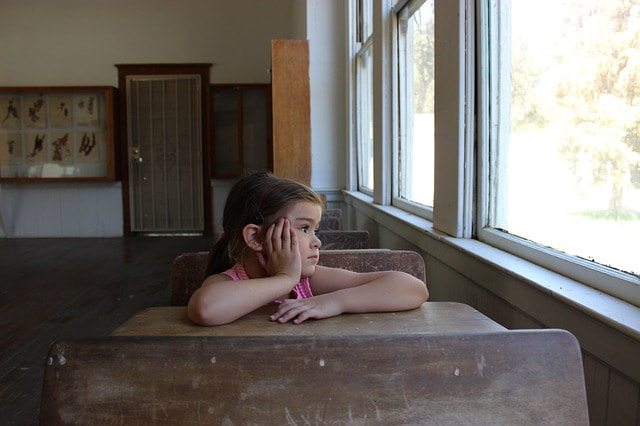

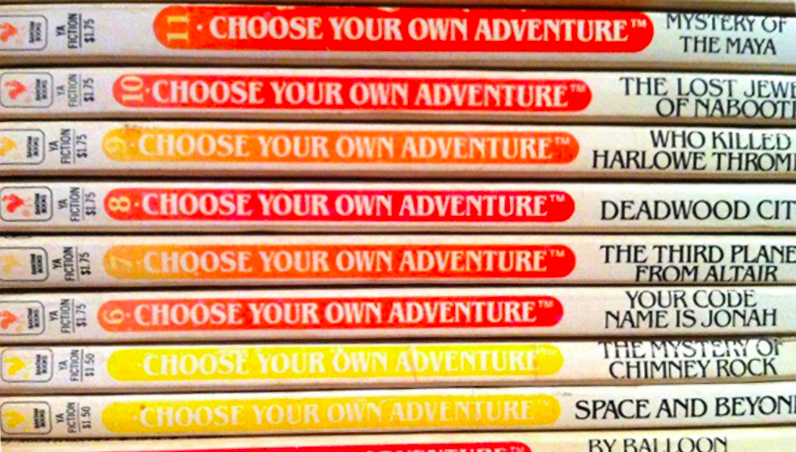
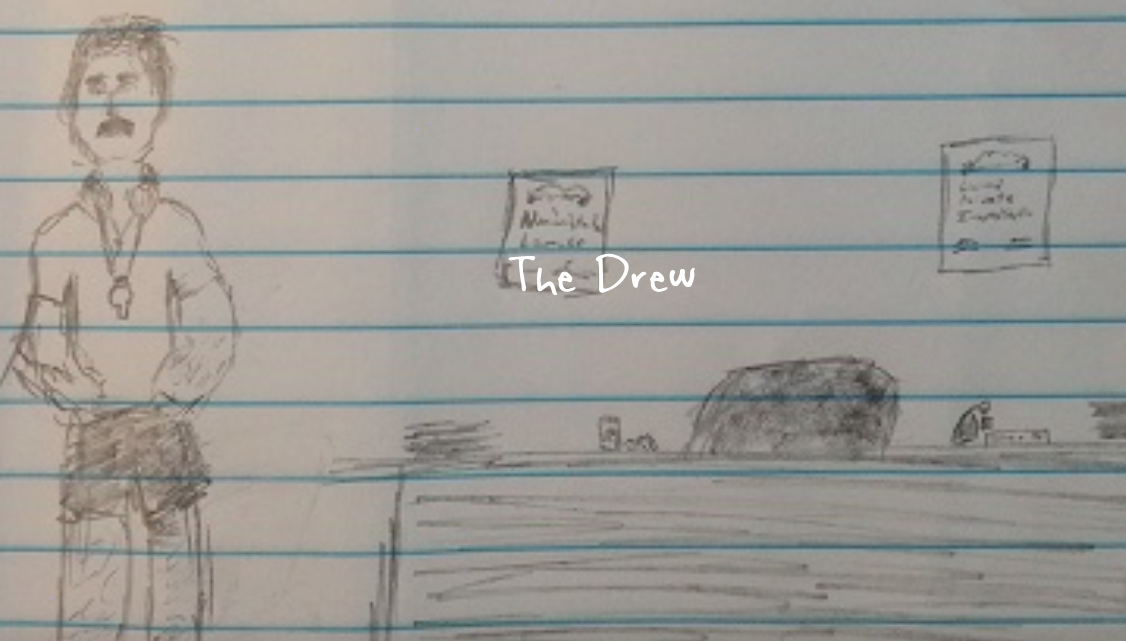
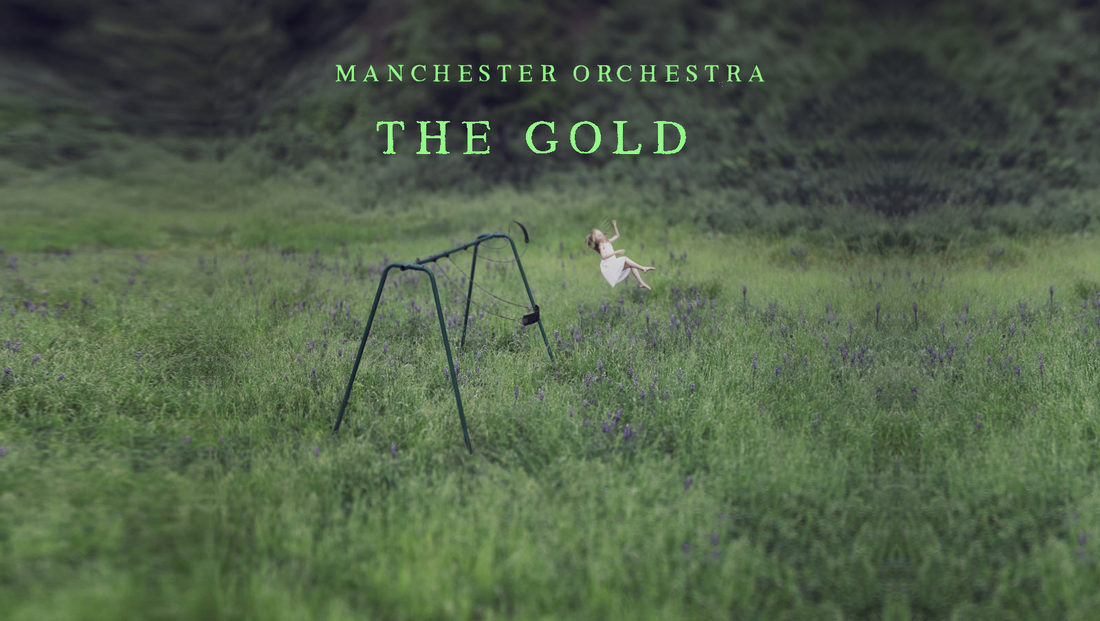
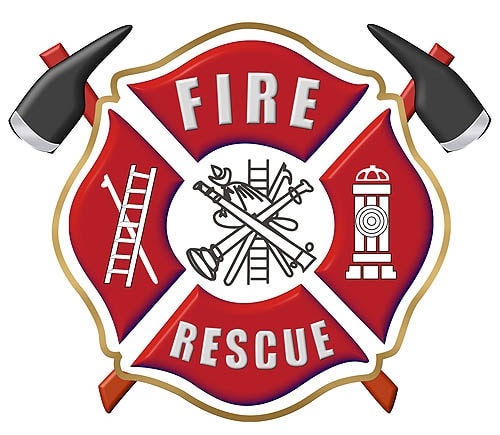
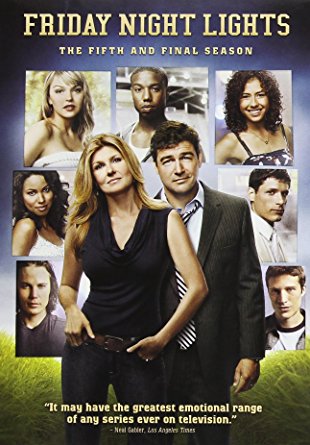
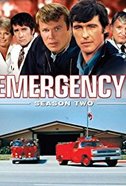
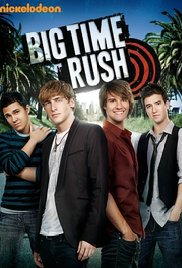

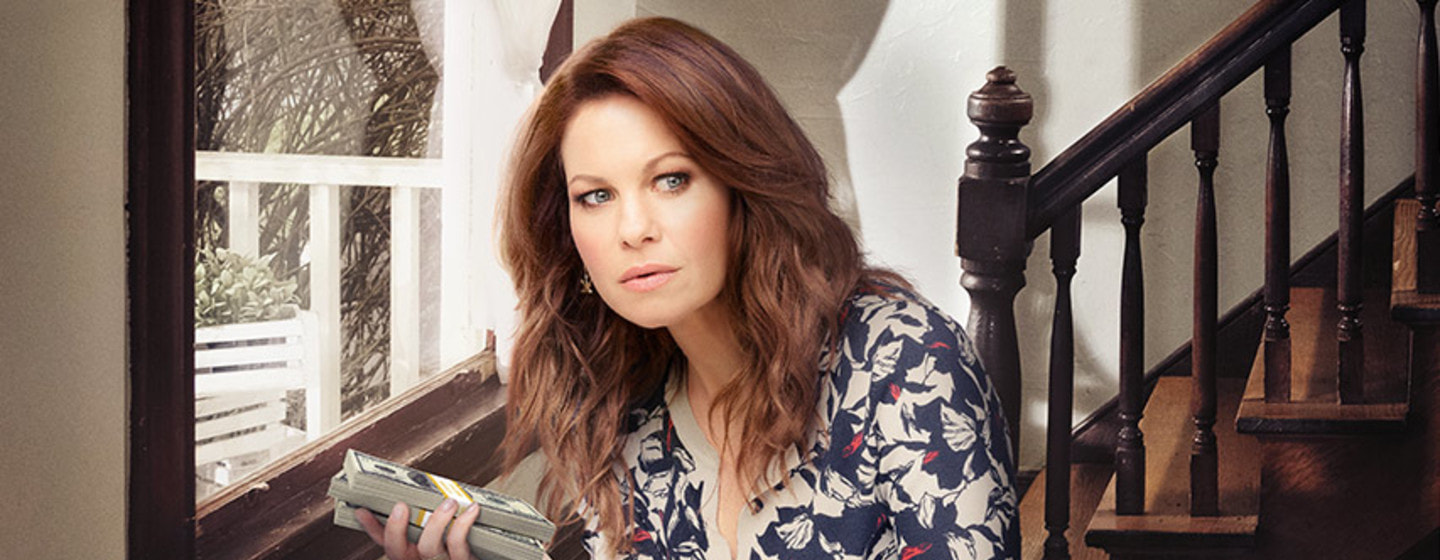
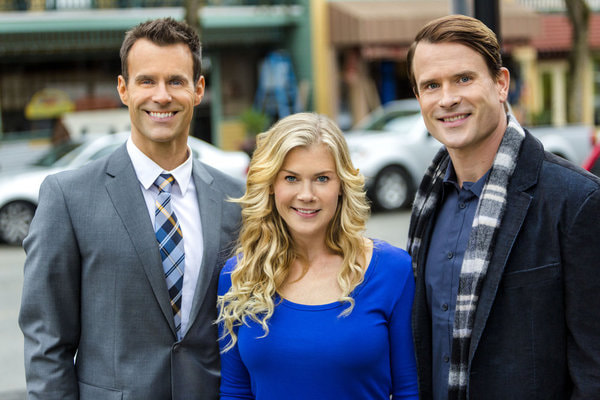
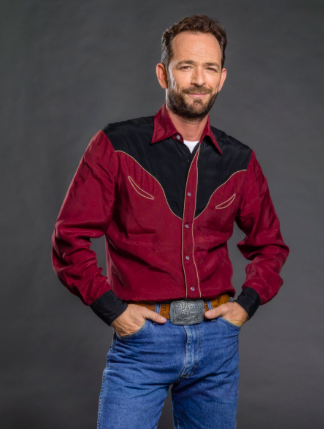
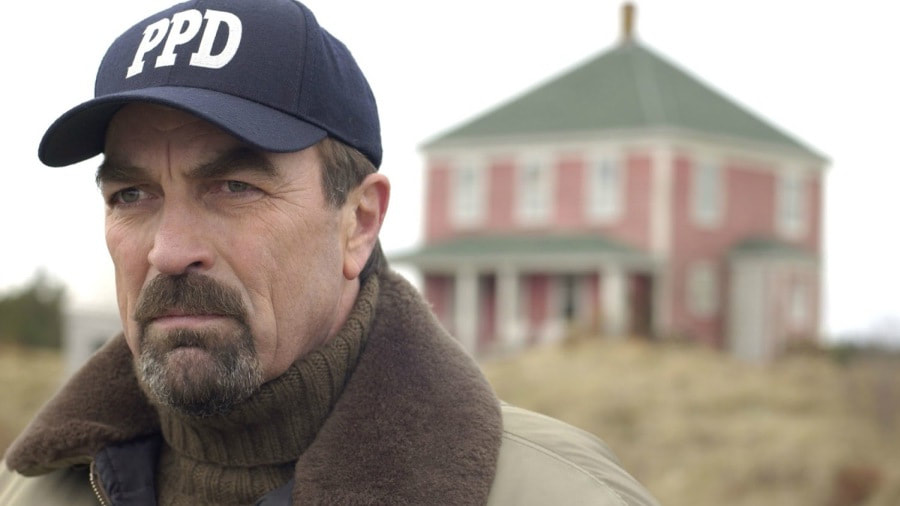
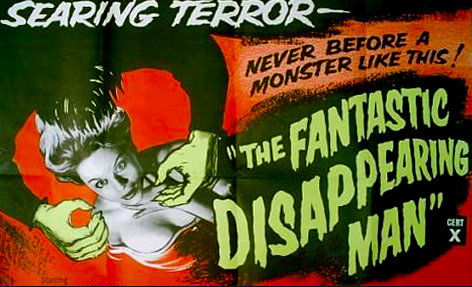
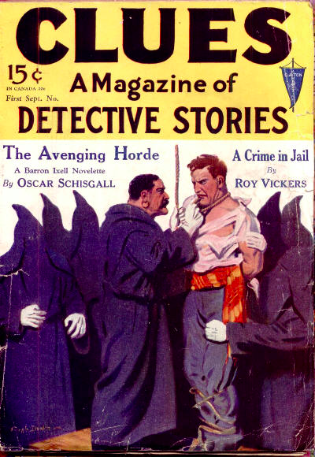
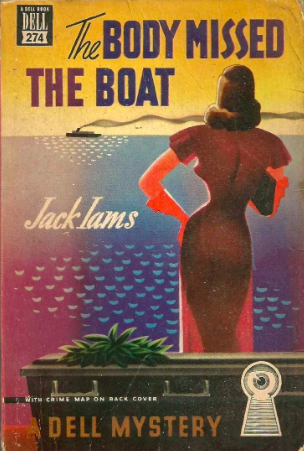
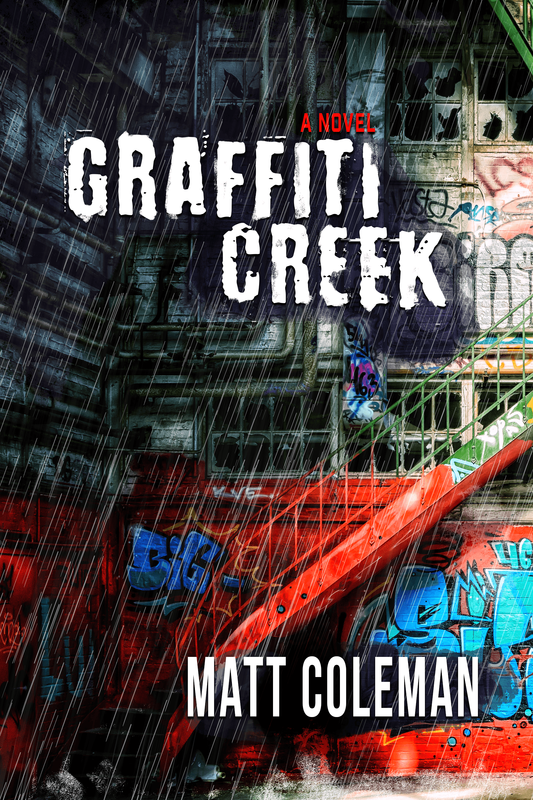
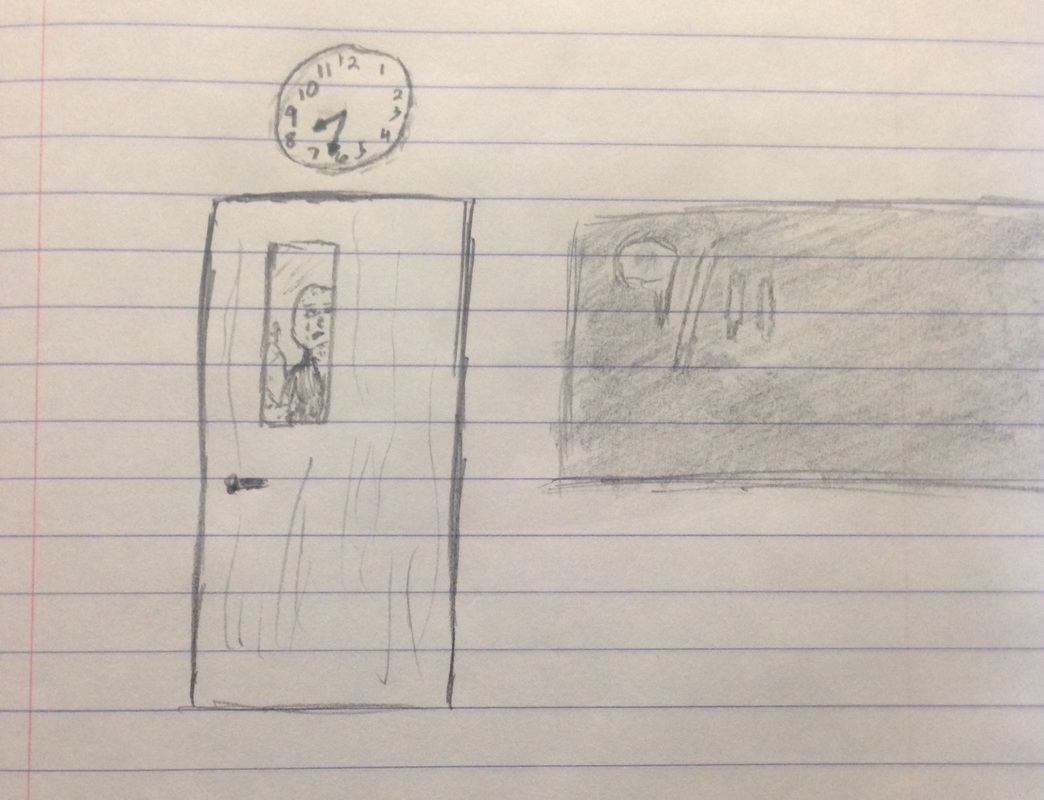
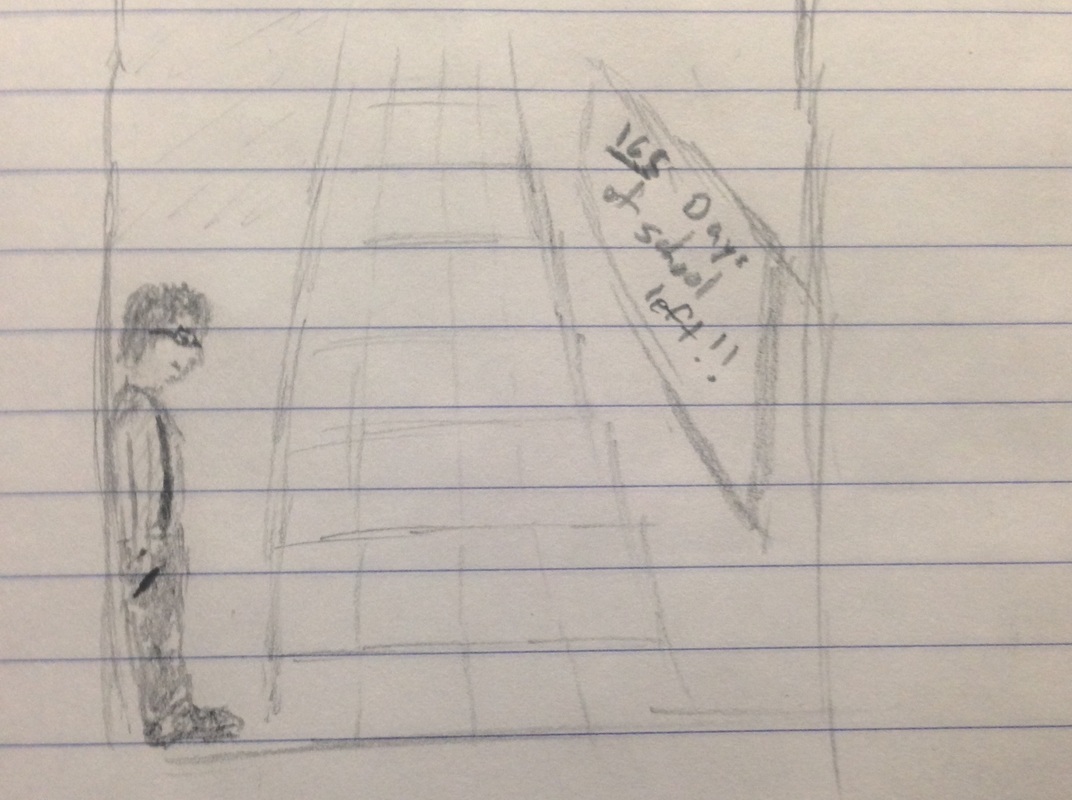
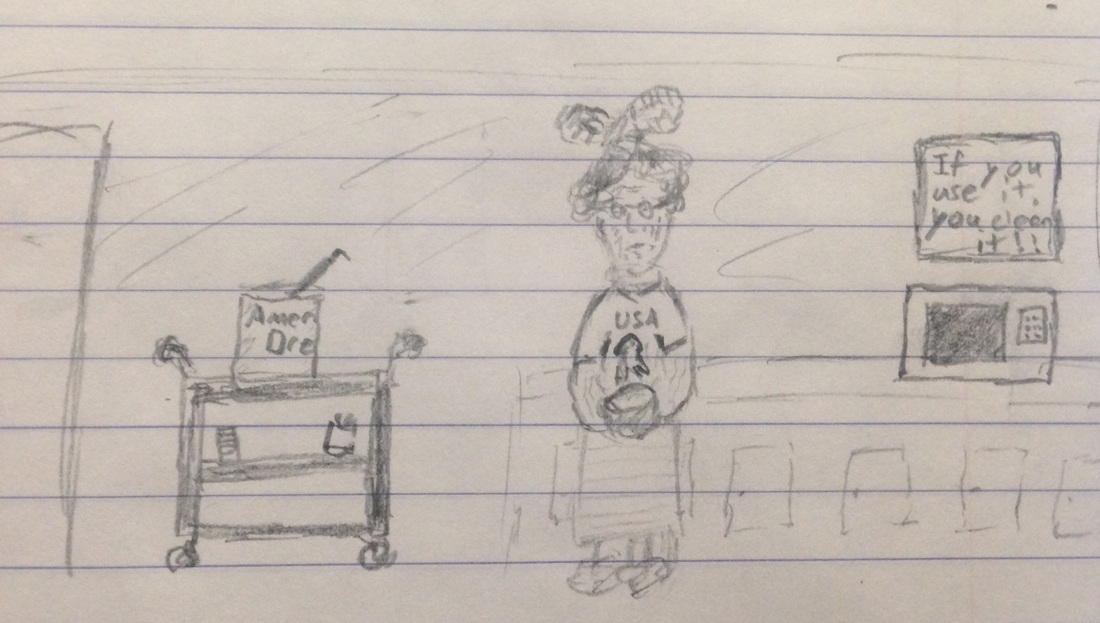
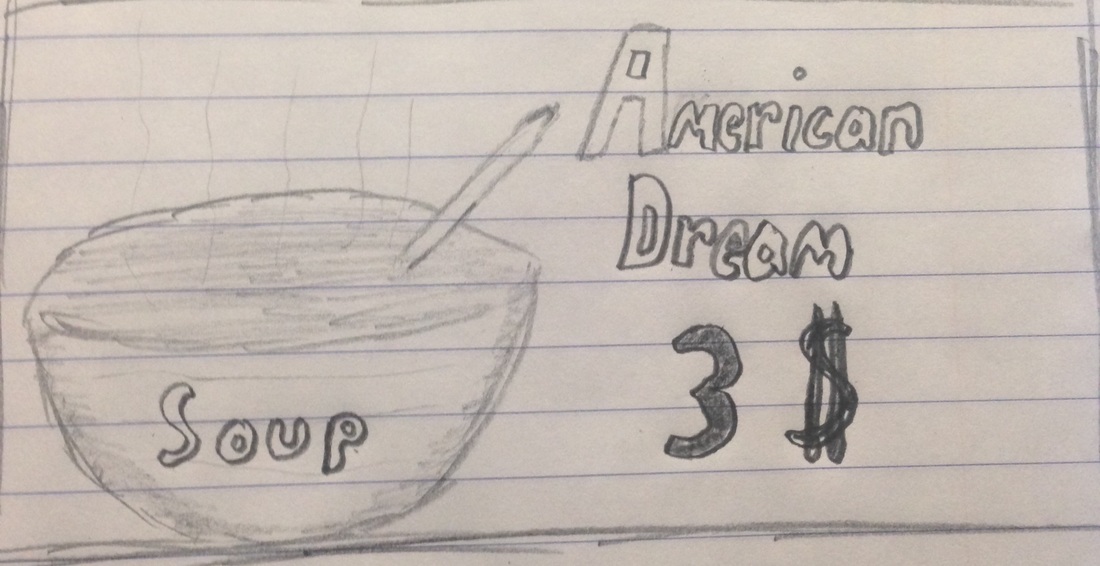






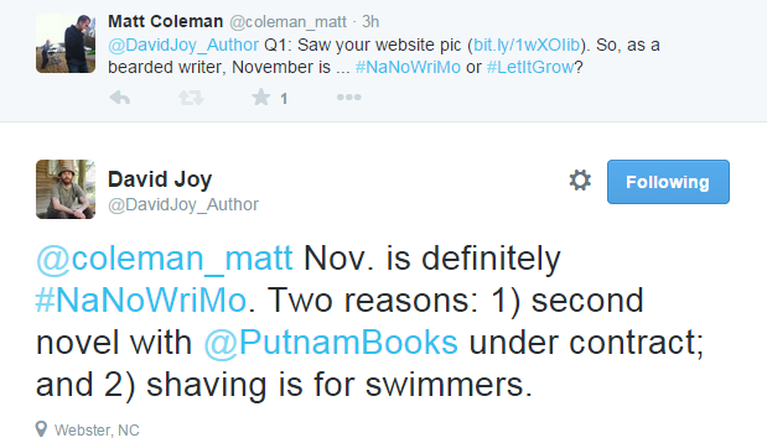
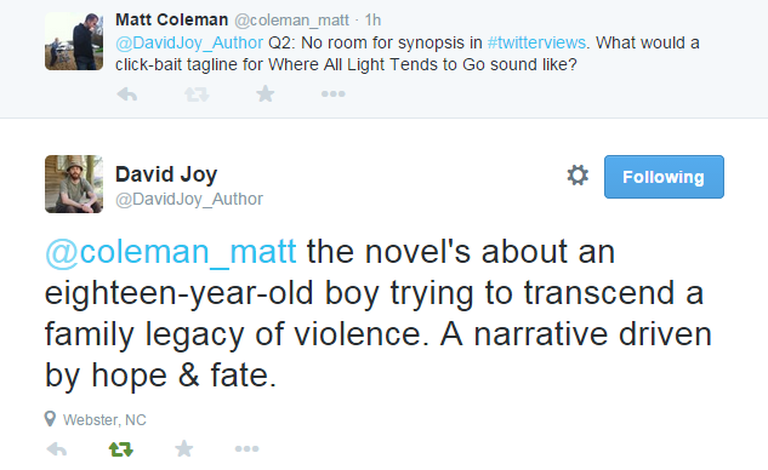
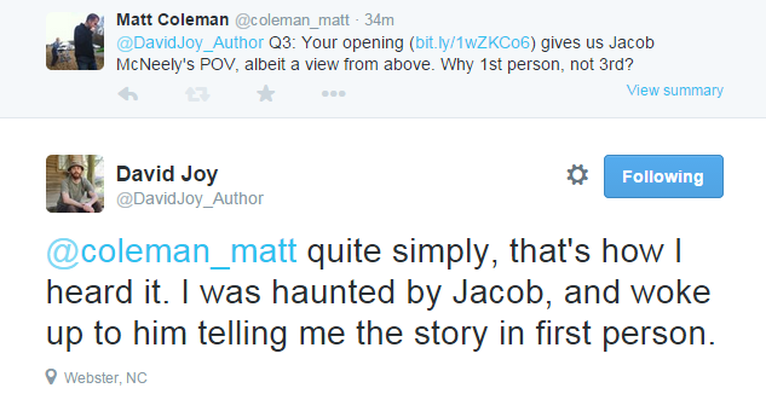
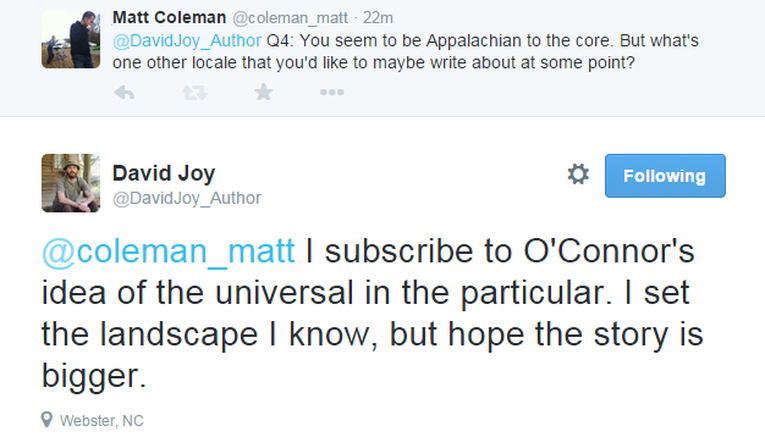

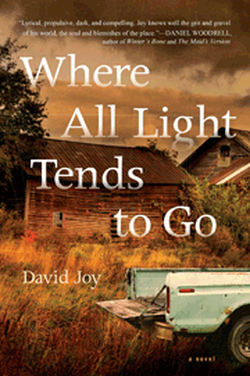
 RSS Feed
RSS Feed